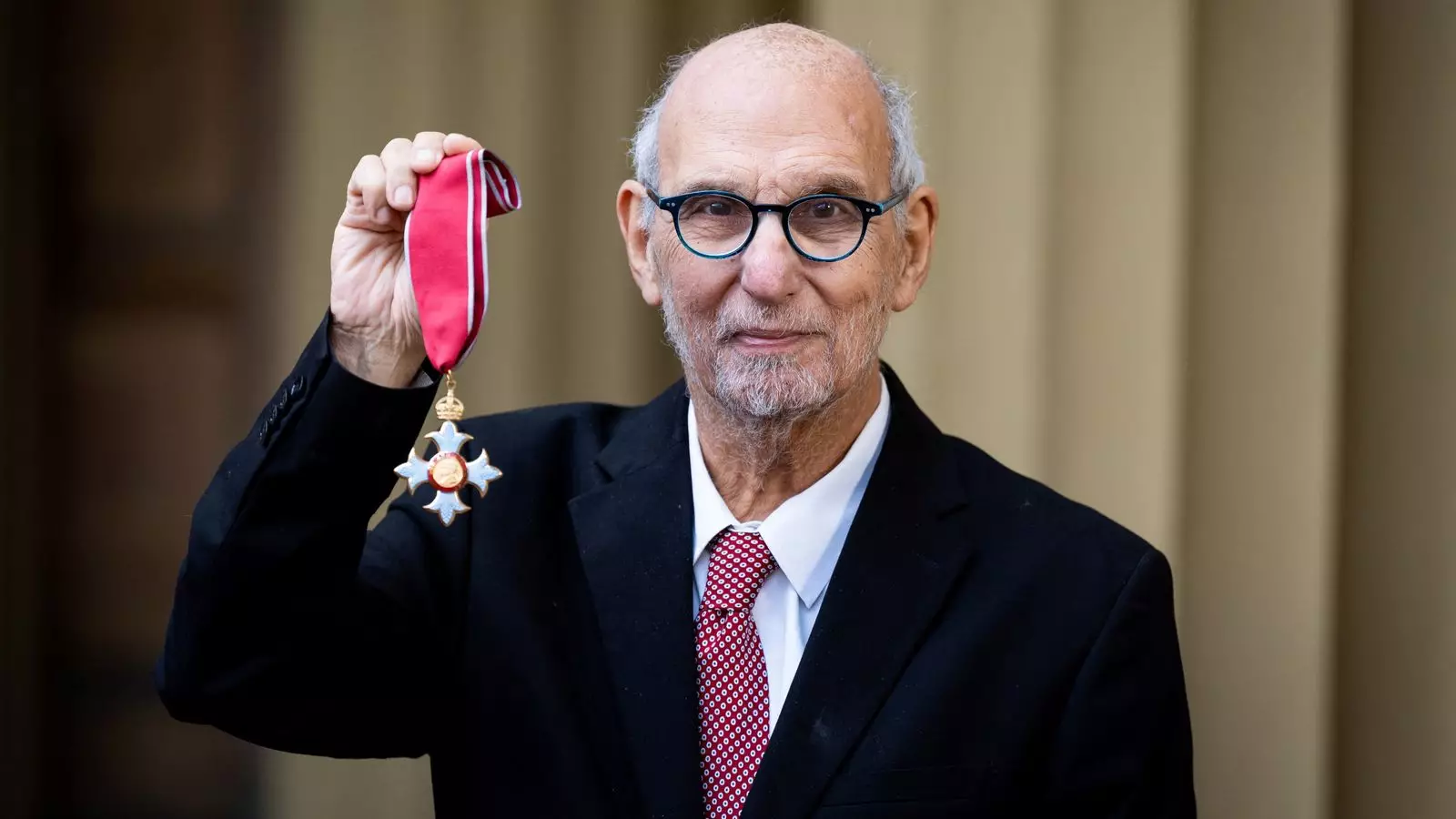The recent passing of Alan Yentob at the age of 78 has thrown the world of British broadcasting into a somber reflection. He was not just another exec who rolled through the corridors of power; he was a creative dynamo whose life was a tapestry woven of spontaneous brilliance and deep emotional intelligence. His family’s tribute encapsulated the essence of who he was: a mixture of curiosity, humor, and an undeniable knack for making life an adventure. For many, including his three beloved children, Yentob was more than just their father; he was a remarkable man whose aura of creativity inspired those around him daily.
Yentob joined the BBC as a trainee in 1968, embarking on a journey that would see him transform British television. His roles throughout the years were myriad, from controller of BBC One and BBC Two to director of television, making him a significant force in shaping the cultural landscape of post-war Britain. It’s still astonishing how someone from such humble beginnings could become a “towering figure” in media, as described by BBC’s director-general Tim Davie. More than titles and awards, it was his unyielding belief in the power of storytelling that distinguished his contributions. He understood, perhaps better than most, that stories could transcend mere entertainment; they could forge connections and challenge societal norms.
Challenging the Status Quo
Yentob’s legacy is particularly vital in an era where much of television feels formulaic and confining. While countless executives may focus on maximizing ratings, Yentob was the antithesis of this profit-driven approach. His commitment to projects such as the beloved children’s networks CBBC and CBeebies highlighted his vision for inclusive storytelling that resonates with the essence of childhood. Under his watchful eye, productions like “Pride And Prejudice” and “Middlemarch” didn’t just entertain; they engaged viewers intellectually and emotionally.
In a time when media often fails to offer quality programming, Yentob’s work stands as a testament to the power of art and culture. The notion that public service broadcasting should enrich the lives of citizens is an ethos he championed relentlessly. His tenure at the BBC was characterized not just by achievement, but by an underlying moral compass that guided his decisions. He knew that media platforms carry the weight of responsibility; they could either enlighten or obscure the truth.
A Legacy of Empathy and Kindness
It isn’t merely Yentob’s creative genius that deserves reverence; it’s also his kindness and integrity. The heartfelt words of his wife, Philippa Walker, echo a traditional sentiment that has often been overshadowed in modern society: that of empathy and human connection. In an industry that can sometimes appear ruthless and cutthroat, Yentob stood out as a beacon of compassion. His ability to uplift others, offering mentorship and support, was paramount in shaping not only successful television programs but a validating culture within broadcasting.
As society finds itself at yet another crossroads, grappling with the impact of technology and the commercial market on art, the lessons from Yentob’s journey are more relevant than ever. His commitment to creativity and culture transcended the ephemeral nature of fame, rooting his legacy in timeless values that resonate deeply. In a world where we often feel disconnected, remembering figures like Alan Yentob serves as a vital reminder of the transformative power of kindness in the creative community and beyond.

